NCI
-

Stanley Cohen’s Nobel Prize: 25 years of progress
Twenty-five years after he received the Nobel Prize, Stanley Cohen’s discovery of epidermal growth factor continues to transform medicine. Read MoreDec 9, 2011
-

Lung nodule surgery not always “futile”
Even when lung operations for suspected cancer resection results in a benign diagnosis, there still may be significant benefits to the procedure, new research suggests. Read MoreDec 7, 2011
-
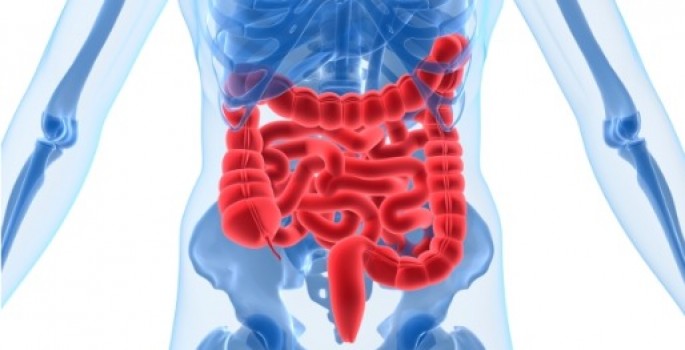
Pathway to colon cancer progression
Molecular players involved in colon cancer progression could provide new biomarkers to indicate invasiveness and prognosis. Read MoreDec 1, 2011
-
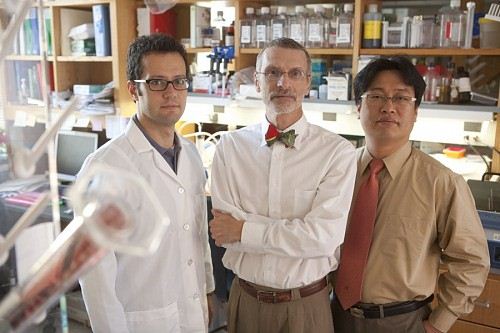
Protein family key to aging linked to suppressing tumors
The list of aging-associated proteins known to be involved in cancer is growing longer, according to research by investigators at Vanderbilt-Ingram Cancer Center and the National Institutes of Health. Read MoreOct 28, 2011
-
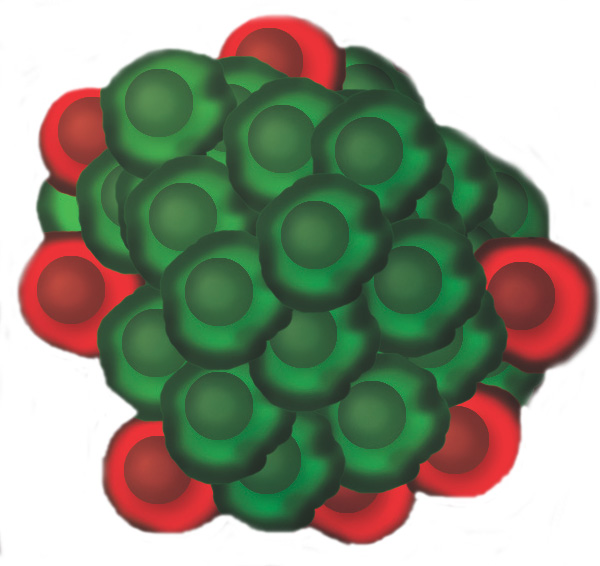
Growth factor boosts beta cells
A growth factor may help grow transplantation-quality pancreas cells for treating diabetes. Read MoreOct 21, 2011
-

Diversity key in antibody repertoire
Antibodies to the 2009 H1N1 influenza strain reveal new insights into how antibody diversity forms and functions, with possible implications for designing flu vaccines. Read MoreOct 7, 2011
-

Fungus toxin gets in the way in DNA
Structural studies are providing insight to how aflatoxin – a toxin produced by fungi – contributes to cancer development. Read MoreOct 7, 2011
-
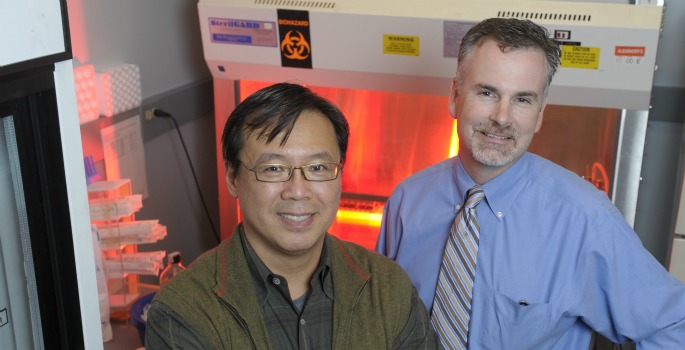
Heart protein may be target for colon cancer therapies
A protein critical in heart development may also play a part in colon cancer progression. Read MoreOct 7, 2011
-
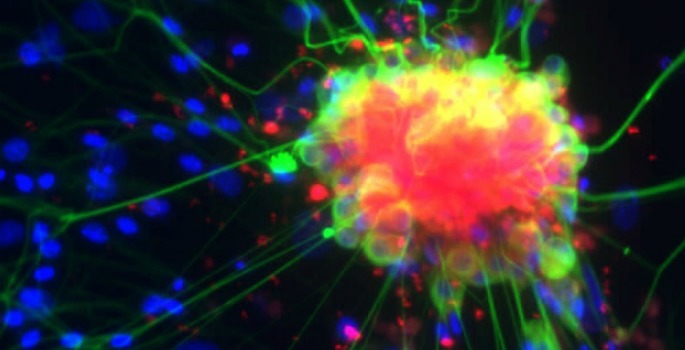
Study puts a new spin on ibuprofen’s actions
Vanderbilt University investigators have discovered surprising new insights into the actions of NSAIDs. Read MoreSep 29, 2011
-

Grant bolsters liver tumor surgery techniques
A team led by Vanderbilt University biomedical engineer Michael Miga has been awarded a five-year, $3.1 million grant from the National Cancer Institute to enhance image-guided surgery techniques for safely removing liver tumors. Read MoreAug 30, 2011
-

Study suggests new lung cancer therapy schedule
A new lung cancer study led by Vanderbilt-Ingram Cancer Center investigators found that various non-small cell lung cancer cells grow at different rates, which may explain why some tumors become resistant to anti-cancer drugs faster than others. Read MoreAug 10, 2011
-

Cancer study seeks clues to halting metastasis’ march
Vanderbilt researchers have identified small molecules that can restore normal protein expression in human colorectal carcinoma cells and prevent invasive cancer growth. Read MoreAug 10, 2011
-

Protein loss sets up pro-tumor state
Loss of the protein p120 in the intestinal lining sets the stage for tumor formation. Read MoreJul 19, 2011
-
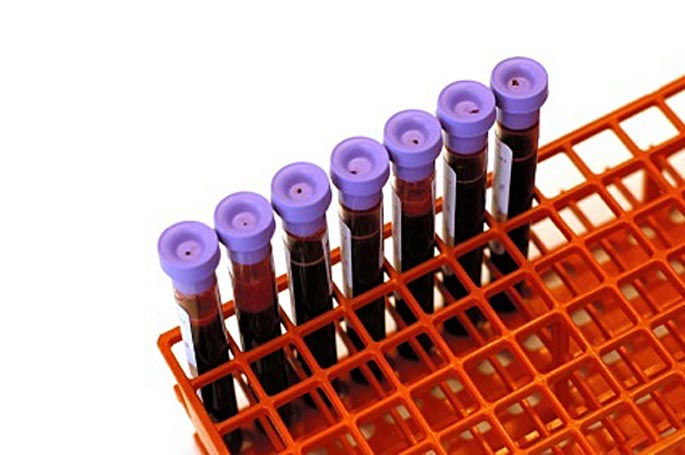
Magnesium affects prostate cancer risk
Low blood levels of magnesium are associated with more aggressive prostate cancer, a recent study suggests. Read MoreJun 3, 2011
-
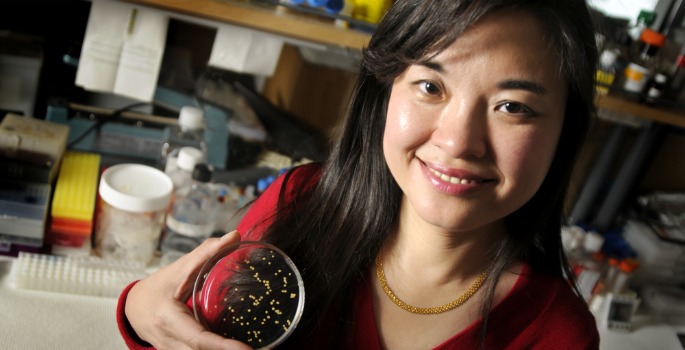
Bacterial protein found in yogurt may alleviate inflammatory bowel disorders
A protein isolated from beneficial bacteria found in yogurt and dairy products could offer a new, oral therapeutic option for inflammatory bowel disorders. Read MoreMay 23, 2011
-
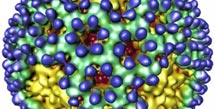
Cells open doors for reovirus
The cellular factor Src helps reoviruses enter cells. Read MoreMay 13, 2011
-
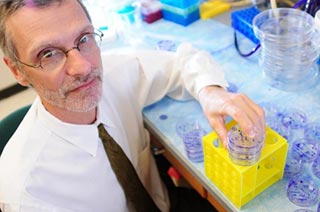
Protein related to aging holds breast cancer clues
David Gius, M.D., Ph.D., and colleagues are studying an aging-associated protein’s role in the development of breast cancer in older women. (Vanderbilt University/photo by Mary Donaldson) The most common type of breast cancer in older women – estrogen and progesterone receptor (ER/PR) positive breast cancer – has been linked to… Read MoreFeb 1, 2011
-

Breast cancer patients with strong social network live longer
(Photo credit: iStock photo) Breast cancer patients who have a strong social support system in the first year after diagnosis are less likely to die or have a recurrence of cancer, according to new research from Vanderbilt-Ingram Cancer Center and the Shanghai Institute of Preventive Medicine. The study, led… Read MoreJan 31, 2011